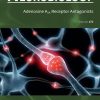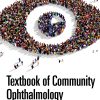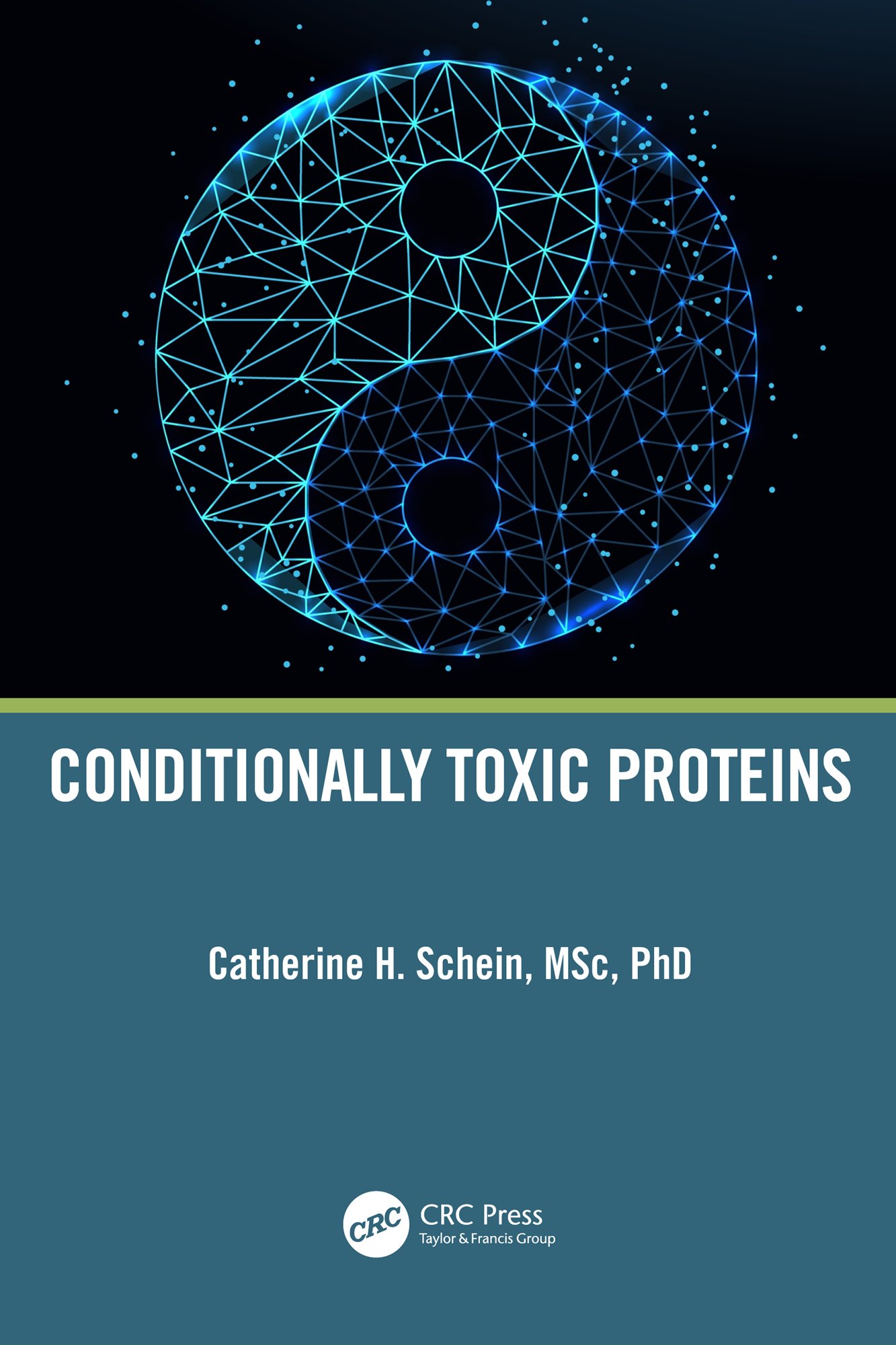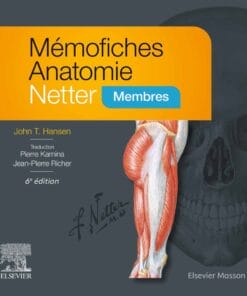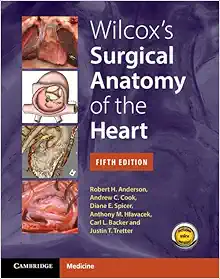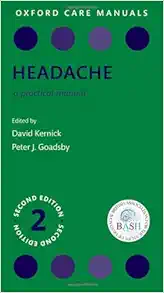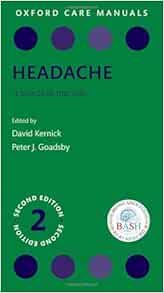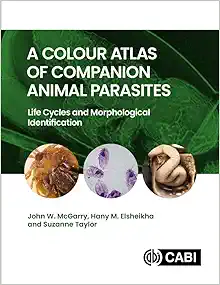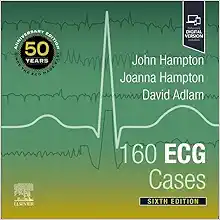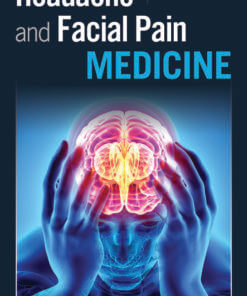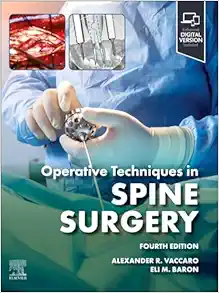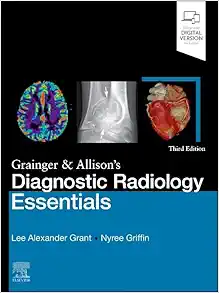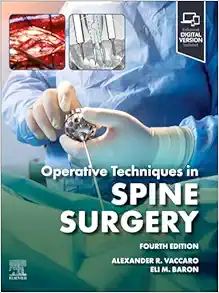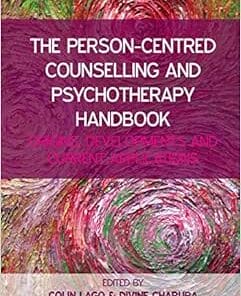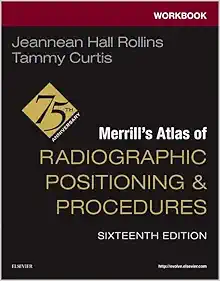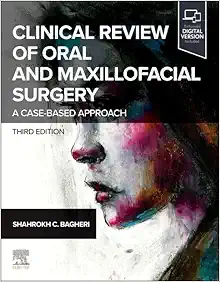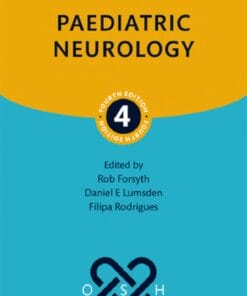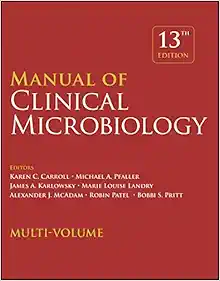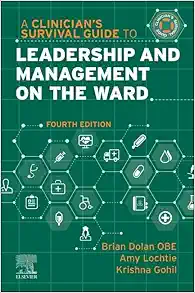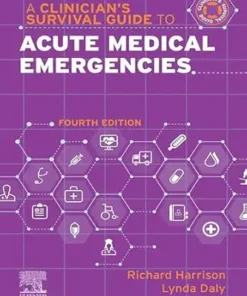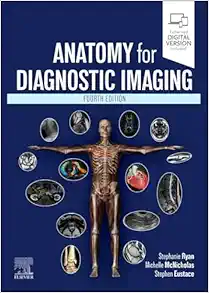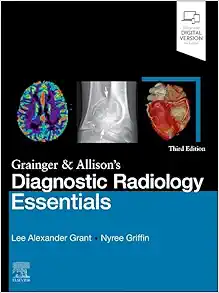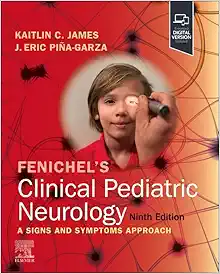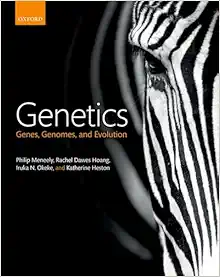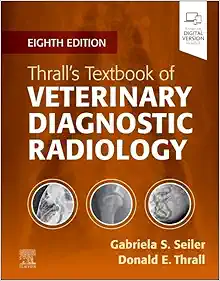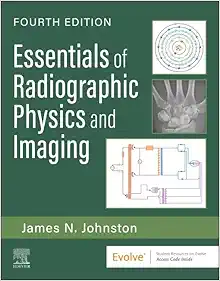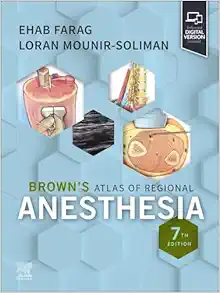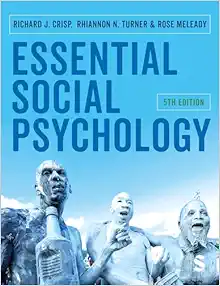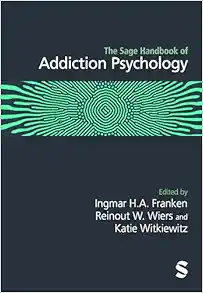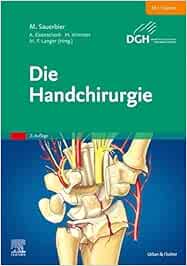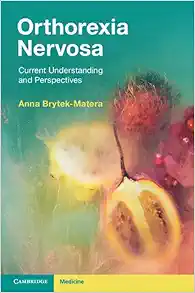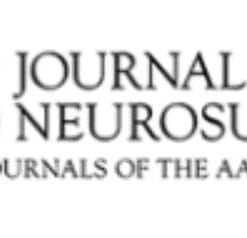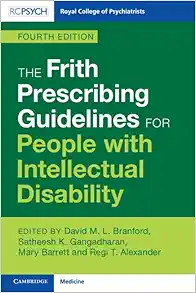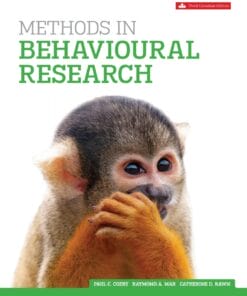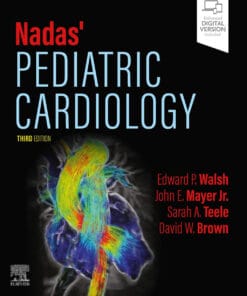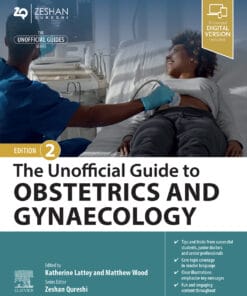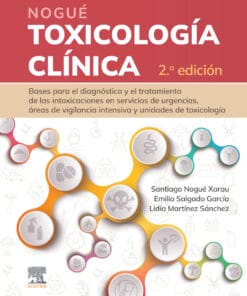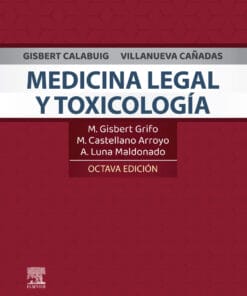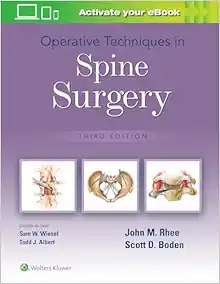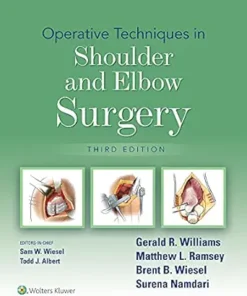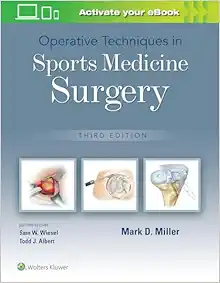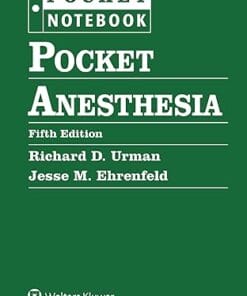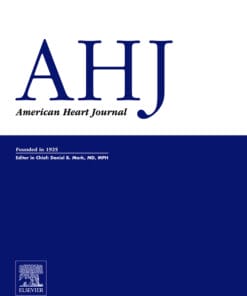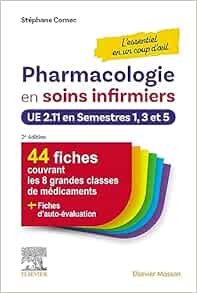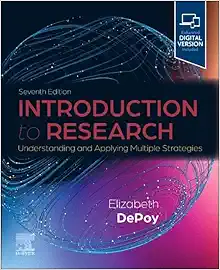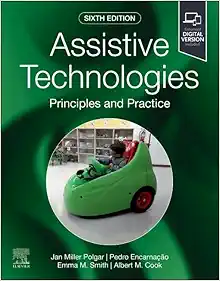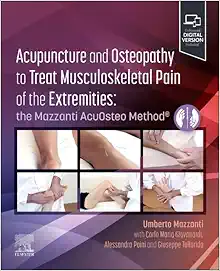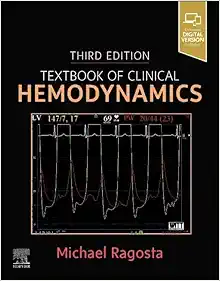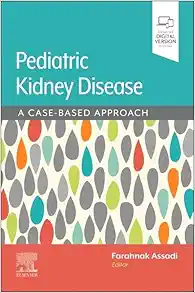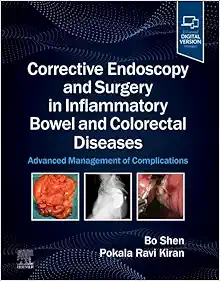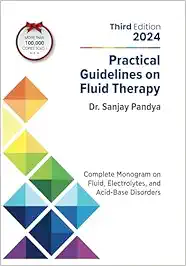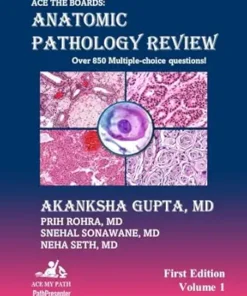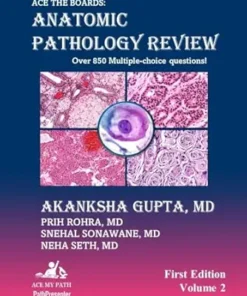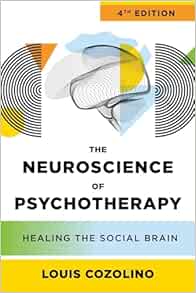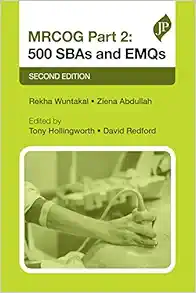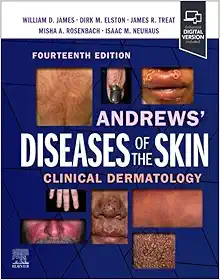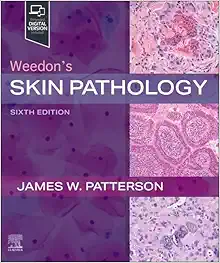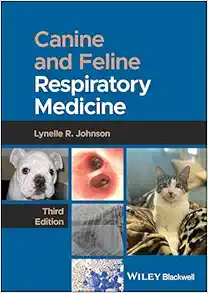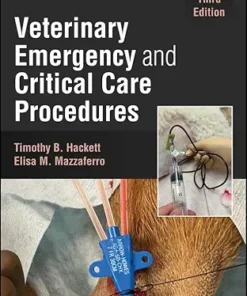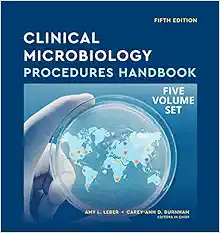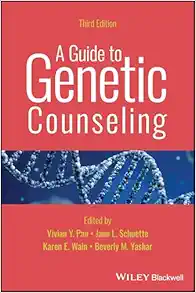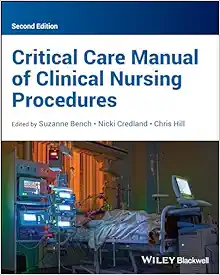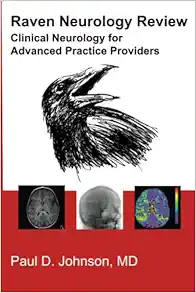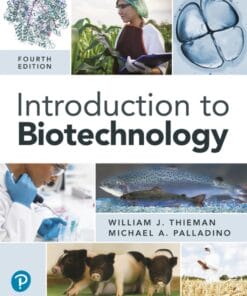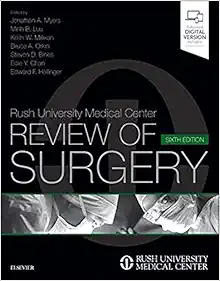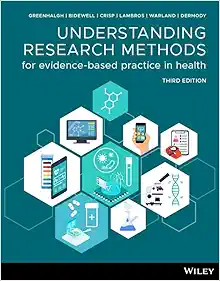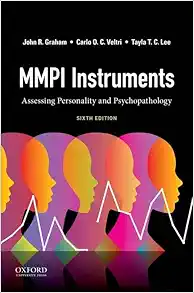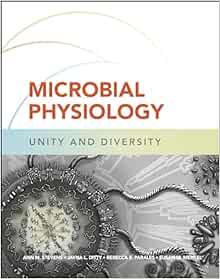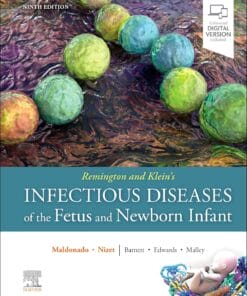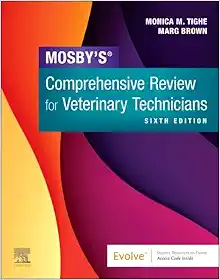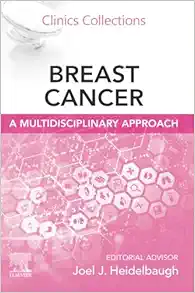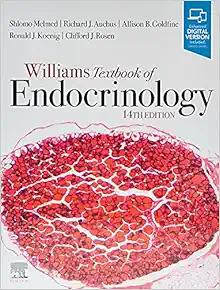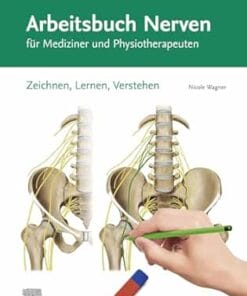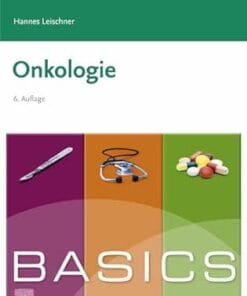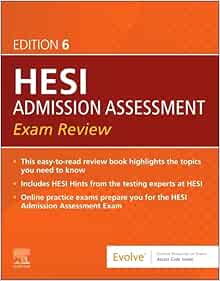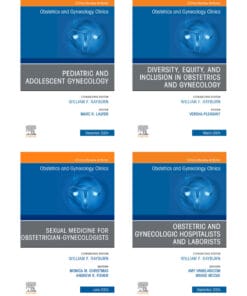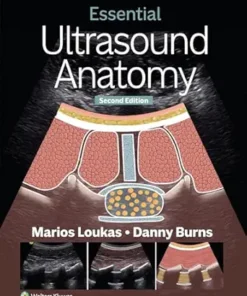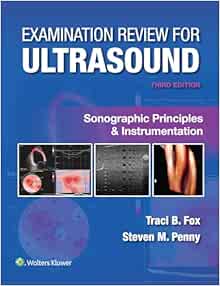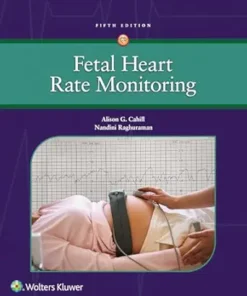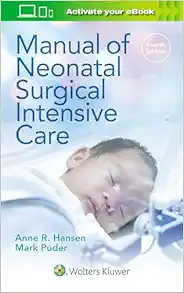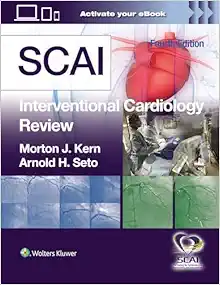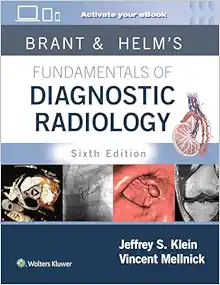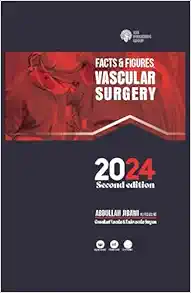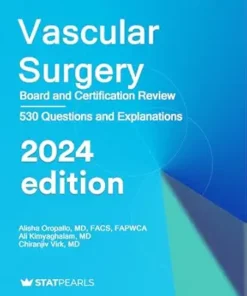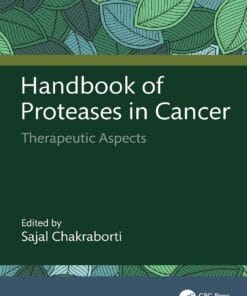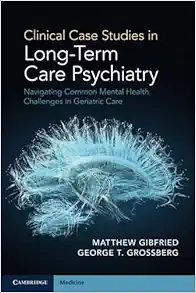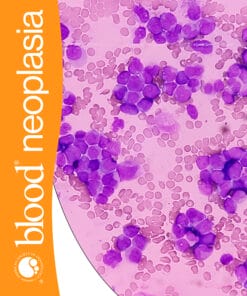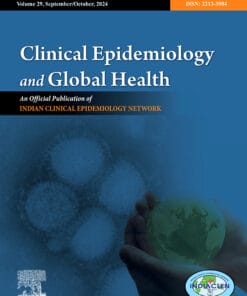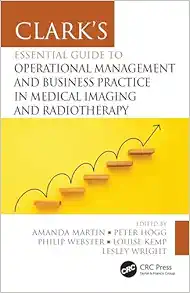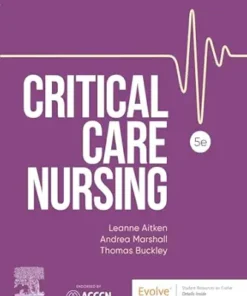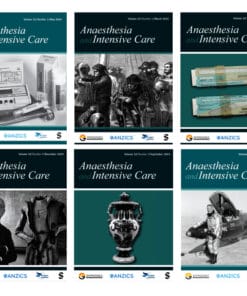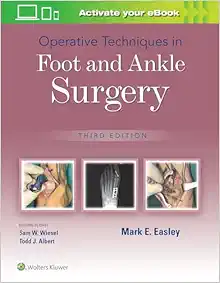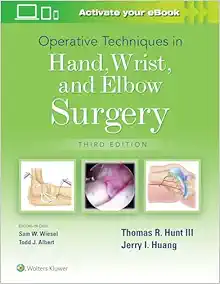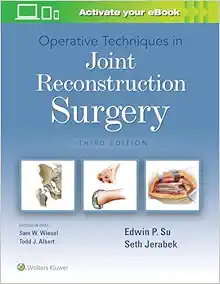Conditionally Toxic Proteins (PDF)
5 $
Format : Publisher PDF
File Size : 13.8 MB
This book discusses the nature of toxicity in proteins found in food and drugs. It covers topics such as how gluten proteins differ from others and cause symptoms in celiac disease, the reality of multiple allergy syndrome, challenges in using human proteins and cytokines as therapeutics, and examples of protein toxins with medical and industrial uses. The book is set to be published by CRC Press on October 12, 2023, and is written by Catherine H. Schein.
Conditionally Toxic Proteins (PDF Book)
by Catherine H. Schein (Author)
Introduction:
Catherine H. Schein’s book, Toxicity of Proteins: Food and Drug Implications, explores how protein, although essential to human health and nutrition, can also have harmful effects on the body. Proteins are essential macromolecules that play critical roles in processes such as growth and repair. However, they can also be toxic, especially when produced in the body or consumed in the form of food or drug. Schein examines the various ways that proteins can lead to toxicity, as well as the paradoxical medical and industrial uses of protein toxins.
Analysis:
The book explores different proteins’ toxicity and how it plays a significant role in determining the quality of our diet and health care. Schein explains that proteins such as glutens and allergens, although valuable food sources, are toxic for some sensitized individuals. In contrast, certain toxins, such as Botox, have found medical and industrial use despite being produced by the most pathogenic microorganisms. Schein also explores what happens to proteins produced in the human body, highlighting how mutation or aggregation can cause proteins that are usually helpful to become toxic. For example, Alzheimer’s and Huntington’s disease are characterized by plaques in the brain of insoluble protein aggregations.
One critical aspect the book explores is how many proteins, including interferons and cytokines, can be valuable therapeutics. These therapeutic proteins, however, are often associated with autoimmune diseases such as psoriasis or lupus erythematosus. Additionally, Schein highlights the difficulties using human proteins and cytokines as therapeutics, including the challenges of stability, solubility, and pharmacokinetics.
The book also illustrates how protein aggregates are vital in several physiological processes yet underline renal and neurological syndromes. Schein explains how understanding protein function and structure is essential in identifying proteins that can lead to toxicity. The book also explores that allergies to plant proteins, known as multiple allergy syndrome, are not only real but may also be related to similar allergens in extremely different plants.
Key Features:
The book has several critical features that make it an essential guide for researchers, students, and health care professionals interested in protein toxicity. Some of these key features include:
– Discussion of why gluten proteins are different from all other proteins and how this can account for symptoms throughout the body in those with celiac disease.
– An explanation of how protein toxins have both medical and industrial uses in the ecosystem.
– Evidence on the difficulties in using human proteins and cytokines as therapeutics and the impact of autoimmune diseases.
– Illustrations of how protein aggregates are essential in many physiological processes but also characterize renal and neurological syndromes.
– Discussing the concept of multiple allergy syndrome and how it relates to similar allergens in different plant species.
Target Audience:
This book is ideal for various audiences, including researchers, students, and health care professionals interested in protein science and its applications. It is suitable for individuals in the pharmaceutical and food industry, molecular biologists, immunologists, and chemists, among others. The book is also an ideal guide for medical practitioners looking to understand the complexities of protein toxicity and its implications on human health.
Conclusion:
In her book Toxicity of Proteins: Food and Drug Implications, Catherine H. Schein provides a comprehensive examination of the nature of protein toxicity. She highlights how proteins, which are essential macromolecules, can cause harm to human health and nutrition. The book provides valuable insights into the paradox of using protein toxins in the medical and industrial fields, the difficulties in using human proteins in therapeutics, and the impact of protein aggregates on physiological processes. This book is an essential guide for individuals in the pharmaceutical and food industry, molecular biologists, immunologists, and chemists, among others, who are interested in the complex world of protein science and health care.
Product Details
- Publisher: CRC Press; October 12, 2023
- Language: English
- ISBN: 9781032366937
- ISBN: 9781000959789
Related Products
Medical Book
Medical Book
Medical Book


